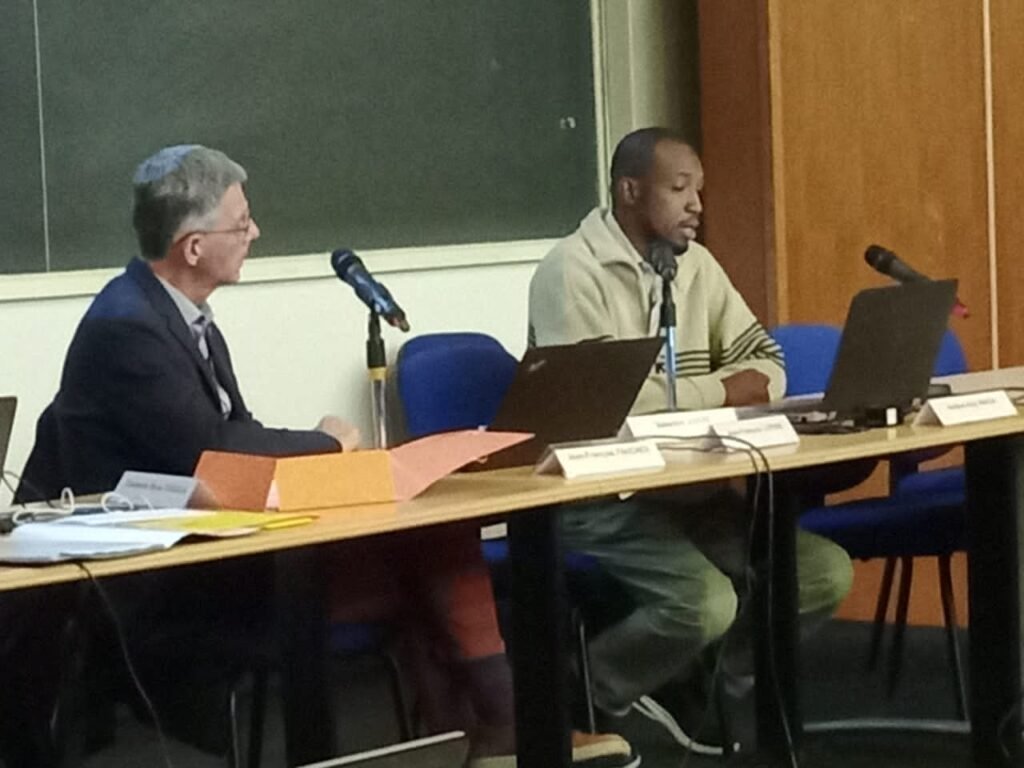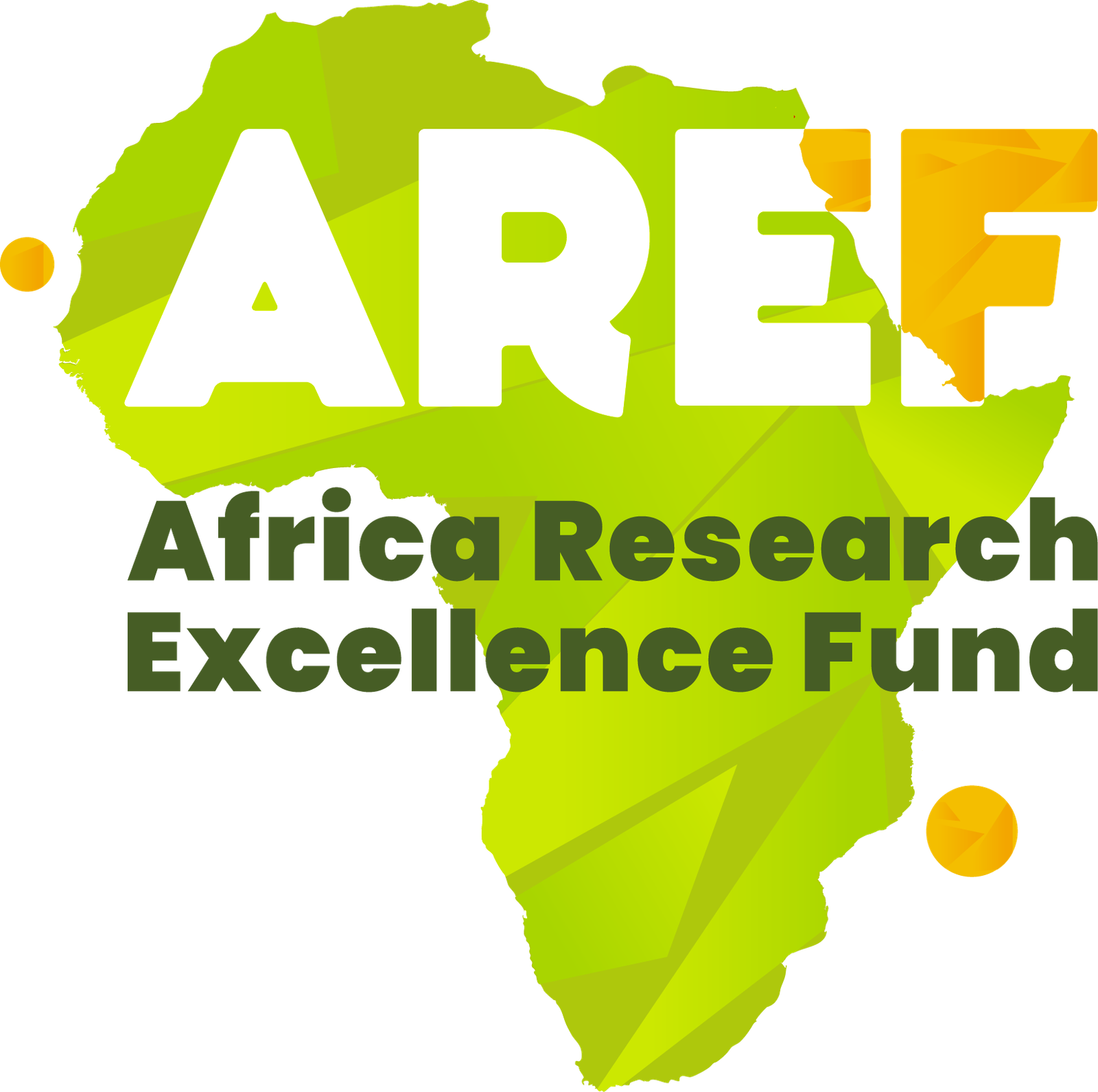According to the World Health Organisation (WHO), climate change is the single greatest threat to human health[1]. It is creating new health risks and acting as a “threat multiplier” making existing health challenges worse. Moreover, certain populations, such as the elderly, children and those with existing health conditions in low/middle income countries in Africa are disproportionately affected by climate change because of limited access to healthcare and greater exposure to environmental hazards.
However, there are significant gaps in scientific understanding of the scale of the current and future effects of climate change on health; how to protect the health of populations as the climate changes (adaptation); and the potential benefits to health if actions are taken to reduce climate change (mitigation).
To fill these gaps, the fields of climate change and health research needs significantly better resourcing; increased inter-disciplinary collaboration in research between health and climate change scientists and further multi-disciplinary experts connected to these disciplines. There is also an increased need to strengthen local capacity and invest in African scientists, as without this, the real need that people on the ground in Africa see and know about best, is going under-researched and even un-researched and therefore untreated.
Abdoul-Aziz Maiga, an alumnus of the Africa Research Excellence Fund (AREF), is an African researcher specialising on the nexus between climate change and health. As a well-established non-profit, AREF works to strengthen the health research capacity of scientists in Africa who are working to address the major health challenges of the region. Abdoul-Aziz completed his PhD degree on dengue vector resistance to insecticides and its bioecology in urban areas at the medical entomology unit at the Centre de Recherche Médicale et Sanitaire (CERMES) of Niamey. During his time at CERMES, he also worked on vector biology of malaria and rift valley fever diseases and their risk factors in accordance with climatic variabilities and found that land restoration helps to decrease temperature which is a determinant for rapid pathogen dissemination in the vector and rapid pathogen transmission.
In order to further the research he initiated at CERMES, Abdoul-Aziz decided to apply to take part in an AREF grant writing programme in 2019, to enable him to win grants to further his research findings. He also got the opportunity to collaborate with AREF as a peer-reviewer to review applications from early career researchers, which is further strengthening his experience as an academic.
Some of the skills he gained during the grant writing course included developing and expressing research niches, planning proposal project plans and budgeting. Following the training he received from AREF, he was awarded with at least two competitive travel grants including i) the main gene drive course hold in Addis-Ababa (Ethiopia) in September 2023 as part of pre-workshop training of the 9TM PAMCA annual Conference & Exhibition, ii) Travel to the Actualités du Pharo conference at Marseille (France) in October 2021 through the support of French embassy based in Niamey, Niger.

Indeed, since taking part in the AREF grant writing course, Abdoul-Aziz’s research has even further developed as he and his team have found through their further research endeavours that the minimal relative humidity and rainfall were associated with high malaria morbidity and mortality. Ultimately, vector-borne diseases which are affected by climate change particularly, extreme temperature, torrential rain and droughts contribute to create suitable breeding sites for diseases vectors- like mosquitoes-and enhancing their density, surviving, and spreading. Furthermore, extreme temperature affects mosquito biting behaviour and vector-pathogen interaction through rapid pathogen dissemination in vector and pathogen transmission expansion.
Abdoul-Aziz comments: “I saw a need to enhance my knowledge on climate change because of issues surrounding vector-borne diseases and the impact of climatic variabilities on their incidence. I co-authored a paper published in 2018 about the ‘’influence of climatic factors on malaria morbidity at Tillabery region in Niger, over a time-series of 10 years. “
After the Rift Valley fever outbreak which occurred in Niger in 2016, Abdoul- Aziz assessed the eventual link between rainfall distribution and intensity and the starting of the outbreak in the main epicentres where it happened namely in the Tassara and Tchintabaraden localities.
As a health researcher, Abdoul- Aziz strives to continue to design effective responses and policies to address the health impacts of climate change.
_____________________
Notes for Editors
For media inquiries, contact: Awa L. Jagne, aref@aref-africa.org.uk
About Africa Research Excellence Fund
The Africa Research Excellence Fund (AREF) was founded by Professor Sir Tumani Corrah KBE in 2015.
Professor Corrah founded AREF to support the careers of the new generation of African researchers, giving them the stepping stones needed to become outstanding research leaders in their respective fields, ensuring that talent is retained in Africa to address the continent’s unique health research needs.
AREF’s vision is of an inspired, committed, and talented community of researchers in Africa leading world-class research and participating equitably in international research endeavours for health and wellbeing.
###
Alumnus Contact Information:
Linkedln: @Abdoul-Aziz Mamadou Maiga
X: @azizmaig_7
Recent publications:
1. Med. Afr. noire (En ligne) ; 65(07): 388-396, 2018
2. https://www.researchgate.net/publication/323691576_Epizoo-epidemie_de_la_Fievre_de_la_Vallee_du_Rift_au_Niger_en_2016_Mise_en_oeuvre_du_concept_One_Health_et_etude_des_facteurs_d’emergence
3. doi: 10.11648/j.cajph.20220806.12
Kind regards!
Abdoul-Aziz Mamadou MAIGA
PhDc in Medical Entomology
Joseph KI-ZERBO University of Ouagadougou Burkina Faso


